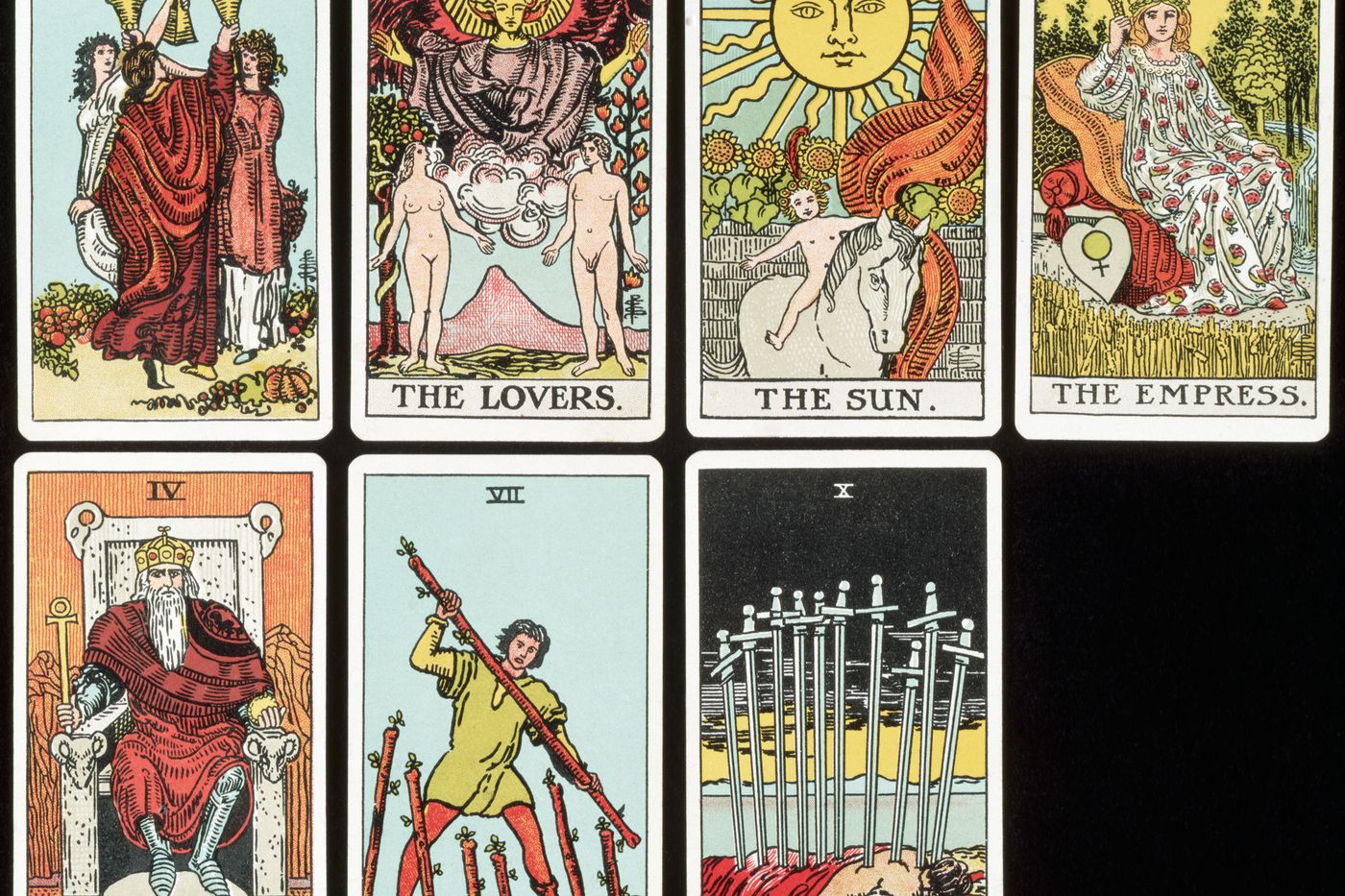
The hand is a symbol for personal energy. It can indicate a person's emotional state and comfort level. It can also reveal a person's emotional history and potential. If you look closely at the hands of someone, you can see their emotional excitability, their long-term interest in bonds, and the girdle.
Life line
The Life Line in your hand runs from the thumb to the wrist. The structure and lengths of the lifeline can indicate health and vitality. Some people believe that the Life Line predicts life expectancy. This is a popular myth. The most important line in a person's hand is his lifeline.
Negative consequences can be wrought by a lifeline that is too long or short. A long life span will ensure that people have a steady career and can retire at an acceptable age. People who have a shorter career path will likely need to work longer before they are old and may become sick.
Wisdom line
A hand reading can reveal many meanings. The life and head lines on the palm represent our mental and emotional traits. The head line runs diagonally above the life line and toward the outside of the hand. The love line is curved and runs from the forefinger to the pinky. Each line may have different meanings. The life line is an example of longevity and health.

Chinese palmistry states that the vigor lines run parallel to the fate lines on the hand, and tend to the little finger. The vigour line indicates your strength and ability to rebound from any hardships. The most commonly used in Chinese palmistry is called the vigour. Wavy lines indicate that your liver or gall bladder function is at risk. If there are no wavy line, there is no major health problem.
Love line
The Love Line on the Hand is symbolic of the emotions of your heart. A long love line signifies that you are interested in romance, while a shorter one means that you don't. The better the love line is, in general, the longer it is. You will have a romantic relationship if the love line begins on your index finger. However, if it begins on your middle finger, you're a selfish person.
The depth of the love lines is a sign of how deep your love life is. It also indicates emotional stability and your ability to love. If the loveline starts below the index, it is normal. If it reaches the width of the hand, you have a fulfilling love life. But a deep, prominent line is a sign that your love lives are fulfilling and stable.
Career line
A career line running from the base of the hand to the base of the finger is a sign of a successful career. It is a sign that you are quick to make decisions, and will try new things. You might find it easy to find work during your teens or into your thirties if there is a career in your future. But, it is best to ensure you have other income sources to supplement your income.
The line can be placed in different places on your palm. If the line runs from the inside of your hand to the outside, it could indicate that you have less freedom or will be ruled more by your family. If it ends on either side of the palm, your career is likely to start later in life.

Health line
The presence of health lines on the hands can be an indicator of a wide range of illnesses. The exact location of the health lines is not always known. They usually start at the base the little finger and run across the palm until they reach the base the thumb. The life line may be sometimes linked to this line. However, it is not always the truth.
The health line in the hand can be very thin or thick depending on the person. A thick line is a sign of good health. However, if it is too thin, it could be an indication of illness or chronic pain.
FAQ
What are collection hobbies?
The most loved collections include books, movies and music.
You can also collect stamps, coins and cars as well as dolls, action figures, figurines, art supplies, kitchen utensils, jewelry and watches as well...
I believe you get the idea.
What are observation hobbies?
Observation hobbies can be activities that you watch people do. These hobbies could include reading books, watching sports, or going on vacation. You could also observe other people.
Because they teach you how to think creatively, observation hobbies are great. You can apply this knowledge later on when you work with others.
It will be easier to learn about something if you are interested in it.
If you're interested in football, for instance, you could watch it or read a book. To learn more about photography, it is possible to visit and take photos.
You can play along with songs online or purchase a guitar if you love music.
You have the option to make your own meals or take out at a restaurant if you enjoy cooking.
If gardening interests you, you could plant vegetables or flowers.
If dancing is something you enjoy, join a dance class.
If you enjoy painting, you might paint pictures.
Writing poetry or stories is a passion if you are a writer.
You could also draw pictures if you enjoy drawing.
If you love animals, you could look after pets or work at a zoo.
If science is your passion, you might choose to study biology or chemistry.
If history is your passion, you can either read books or watch films. Or you could listen to podcasts.
You could explore the world or travel to places you love if you are a lover of traveling.
Can I make money from my hobby?
Many hobbies can bring in extra income.
You might consider selling items that are related to your hobby if you are passionate about it.
You might consider setting up a website to sell rare stamps if you have a collection.
This allows you to make additional income, without having the hassle of actually purchasing and selling stamps.
You could also create a YouTube channel to talk about your hobby.
This allows for you to share your passions with others and can potentially generate additional income by providing premium content.
What are competitive hobbies, you ask?
Competitive sports include running, swimming, cycling, golfing, tennis, etc.
They're usually played by people who enjoy physical activity but also provide an opportunity for social interaction.
You will probably find people around you who have the same hobby as you, if you are into physical activity.
You might consider joining a group or club that meets regularly to play together in sports.
You might also choose to participate in team games involving playing alongside others.
These include soccer (soccer), rugby, netball and hockey.
There are many types of competition.
Some competitions exist solely for recreational purposes.
Others are designed for competitors to prove their skill.
And still, others are designed to reward outstanding performance.
In these cases, winners receive prizes.
Other competitions test strength and endurance.
These are called endurance events.
For example, marathon races, triathlons, Ironman Triathlon, etc.
Athletes train hard before they compete in these events.
To prepare them mentally and physically, they will be following a strict training regimen.
They might also have to travel for preparation.
It's important not to forget that not all athletes are able to compete in every type event.
Statistics
- The intensity of the dialogue partners' bond at the end of the forty-five-minute vulnerability interaction was rated as closer than the closest relationship in the lives of 30 percent of similar students. (time.com)
- Studies show that just six minutes of reading can reduce stress levels by 60 percent. (oberlo.com)
- In comparison, men in the “no humor” condition were refused 84.6% of the time and were only accepted 15.4% of the time. (time.com)
- 37% Video Games 36% Travel 36% Health and Fitness (quizexpo.com)
- A new survey by Pew Research Center of teens ages 13 to 17 finds that 36% of girls feel tense or nervous about their day every day; 23% of boys say the same. (pewresearch.org)
External Links
How To
How to Learn a Musical Instrument
There are many methods to learn music. There are many options. You can go to school, purchase a book, learn from an instructor, or watch videos online. If you are determined to learn on your own, these tips and tricks might be helpful.
-
Find something you are interested in. If you don't like any of the instruments you see around, then you should try another one. It's difficult to take up a hobby if you don’t love playing the instrument.
-
Be patient. Learning something new takes time. Don't expect to master everything right away. Instead, you should continue practicing every day.
-
Practice regularly. You can do this even when it is hard. This will help you remember what you've learned.
-
Find a quiet place to practice. Ideal is a quiet area where you don't have to disturb anyone else. Be sure to not distract others. Avoid loud music, for example.
-
Have fun. Music should be enjoyed. You should have fun practicing music. Enjoying yourself will motivate you to continue going at it.
-
Set goals. When you set goals, you know exactly what you have to achieve. You will never be ashamed to fail.
-
Keep track of your progress. Keep track of all your successes and failures. You will be able to improve your skills over time by writing down all of your achievements and failures.
-
Take breaks. Sometimes all it takes is to take a breather. Taking breaks can give you the time to think.
-
Ask questions. Ask other people if you have any doubts or confusion regarding certain aspects of the instrument. They may be able to help you out.
-
Listening can teach you a lot. Musicians often listen to music they like and try to imitate it. This helps them understand the basic concepts behind the song.
-
Read books. Watching videos or taking classes will not teach you as much as reading books. Books can also provide information that is not available elsewhere.
-
You can join a band. Playing with others forces you to practice more. Plus, it will be easier to meet people with similar interests.
-
Watch tutorials. Tutorials are short videos which explain many topics in great detail. These videos often focus on one aspect or part of the instrument. These tutorials will help you to understand the more difficult parts.
-
Explore different learning methods. Some people prefer to learn through lectures, whereas others learn better by reading. Find what works best for your learning style.
-
Practice makes perfect. There is no way to be an expert overnight. You must work hard to become proficient enough to do well.
-
You can learn from other musicians. Listening to your fellow musicians perform their favourite songs can help you learn quicker.